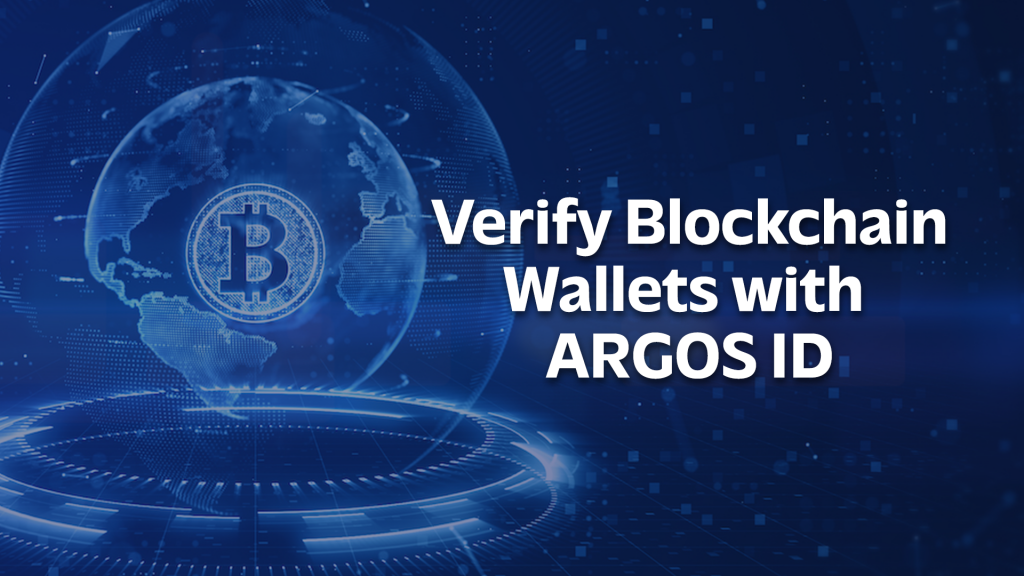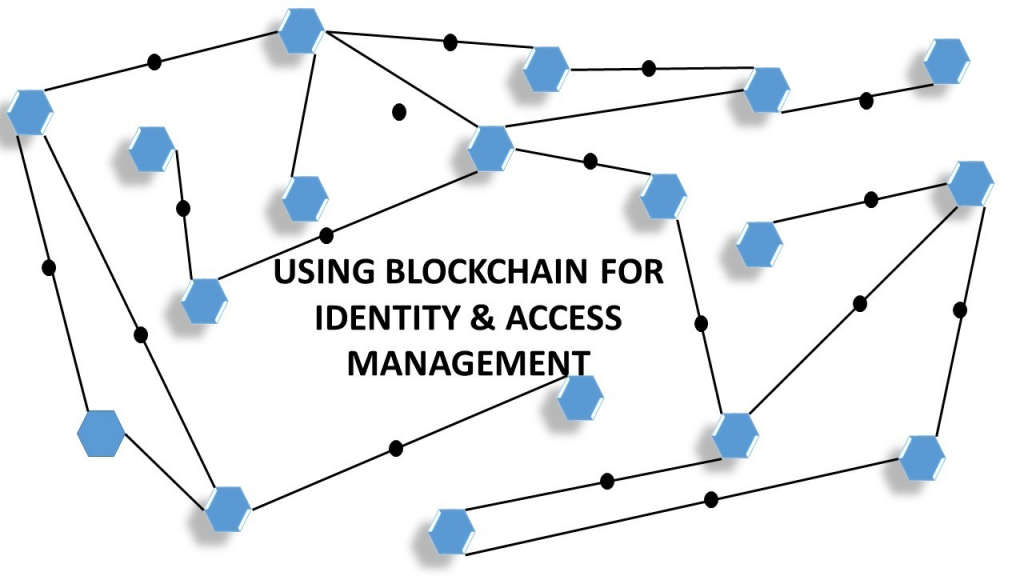
Have you ever had to verify your identity for a new job, bank account, or healthcare provider? It can be a tedious and time-consuming process, involving multiple documents and personal information. But what if there was a way to securely and efficiently verify your identity using blockchain technology?
Blockchain, the decentralized digital ledger that powers cryptocurrencies like Bitcoin, has the potential to revolutionize how we verify and manage identities. In this article, we’ll explore how blockchain can be used in identity verification and the benefits it offers.
What is Identity Verification?
Identity verification is the process of confirming that an individual is who they claim to be. This typically involves providing personal information, such as a driver’s license or passport, and may also include biometric data like fingerprints or facial recognition.
Identity verification is important for a variety of reasons. It helps prevent fraud and identity theft, ensures compliance with regulations, and enables secure transactions and access to sensitive information.
However, the current identity verification process can be slow, costly, and prone to errors. Blockchain offers a potential solution to these problems.
How Does Blockchain Work?
Before we dive into how blockchain can be used in identity verification, let’s briefly review how blockchain works.
At its core, blockchain is a decentralized digital ledger that records transactions across a network of computers. Each block in the chain contains a cryptographic hash of the previous block, along with transaction data. Because the blocks are linked in a chain and secured with cryptography, it’s virtually impossible to alter past transactions or add new ones without being detected.
This makes blockchain a secure and transparent way to record and verify transactions without the need for a central authority.
Using Blockchain for Identity Verification
Now that we understand the basics of blockchain, let’s explore how it can be used for identity verification.
One way blockchain can be used is to create a decentralized identity system. Instead of relying on a centralized database or authority to verify identities, individuals could create their own digital identities on the blockchain. These identities could be verified and trusted by others on the network, without the need for intermediaries.
For example, imagine you want to verify your identity to open a new bank account. Instead of providing your personal information to the bank, you could use your digital identity on the blockchain. The bank could verify your identity by checking the blockchain for trusted verifiers who have already verified your identity.
This would eliminate the need for multiple parties to hold and manage your personal information, reducing the risk of data breaches and identity theft.
Benefits of Using Blockchain for Identity Verification

Using blockchain for identity verification offers several benefits:
Security
Blockchain’s cryptography and decentralized nature make it a secure way to store and verify personal information. Because the data is distributed across the network, it’s much harder for hackers to access and tamper with.
Efficiency
Blockchain can streamline the identity verification process by eliminating the need for intermediaries and multiple verification steps. This can save time and reduce costs for both individuals and organizations.
Privacy
With a decentralized identity system, individuals can control their own personal information and choose who to share it with. This gives individuals more control over their privacy and reduces the risk of data breaches.
Trust
Blockchain’s transparency and immutability make it a trusted way to verify identities. Because the data is stored on a decentralized network, it’s much harder to fake or manipulate.
Conclusion
Blockchain has the potential to transform how we verify and manage identities. By creating a decentralized identity system, we can reduce the risks and inefficiencies of the current identity verification process.
Of course, there are still challenges to overcome, such as ensuring interoperability between different blockchain systems and addressing regulatory concerns. But as blockchain technology continues to evolve, we can expect to see more innovative solutions for identity verification in the near future.
Email- contact@devopsschool.com

 Starting: 1st of Every Month
Starting: 1st of Every Month  +91 8409492687
+91 8409492687  Contact@DevOpsSchool.com
Contact@DevOpsSchool.com
